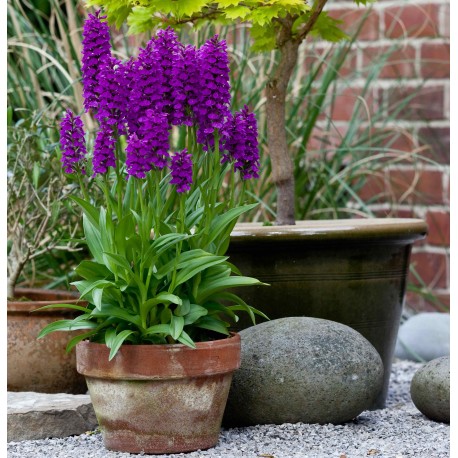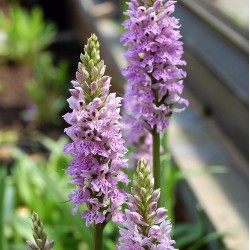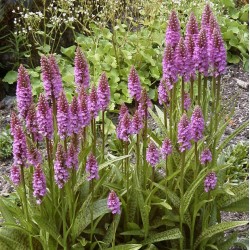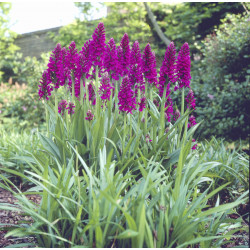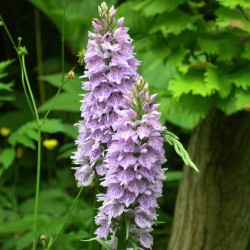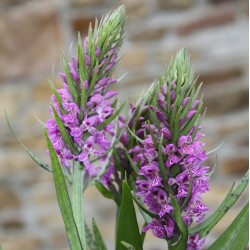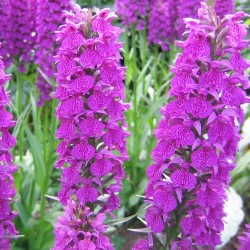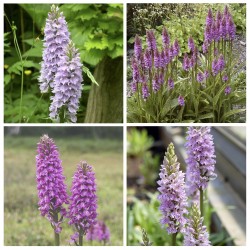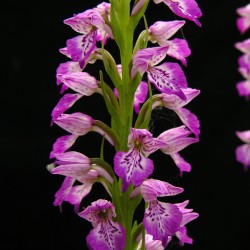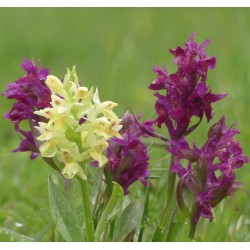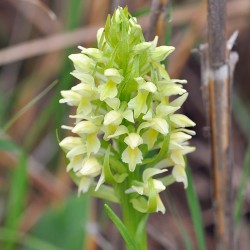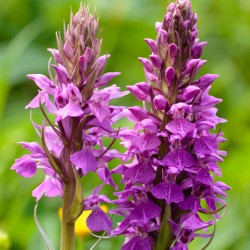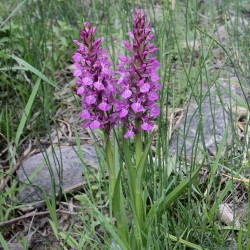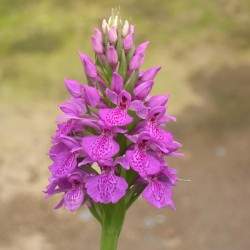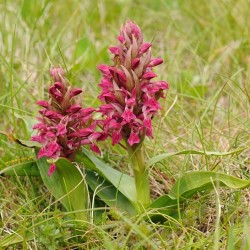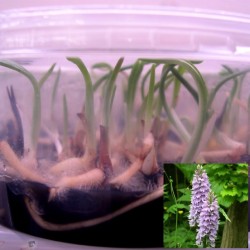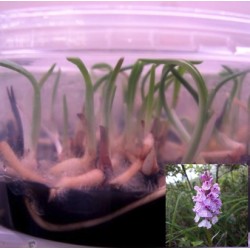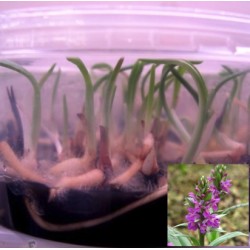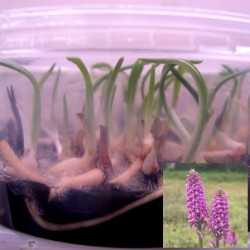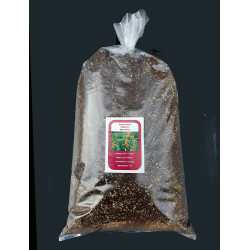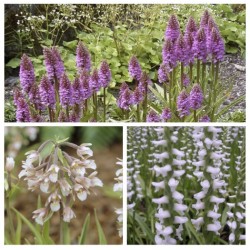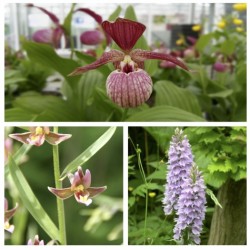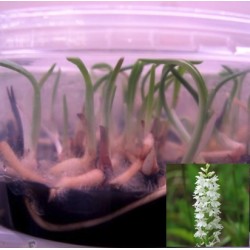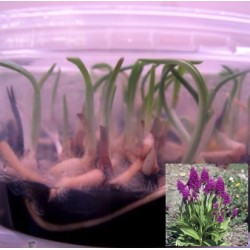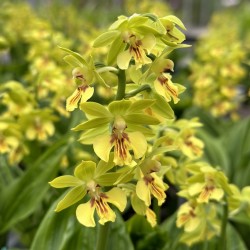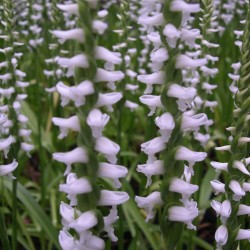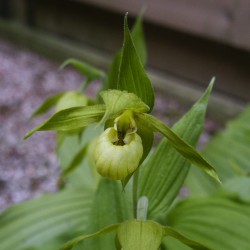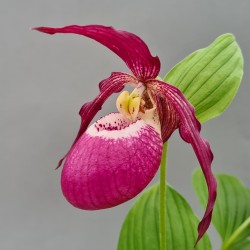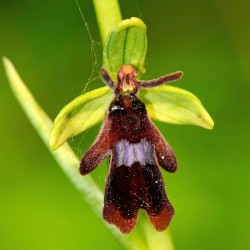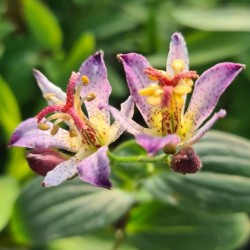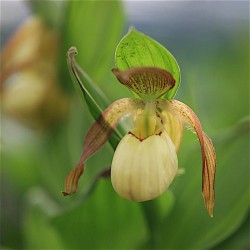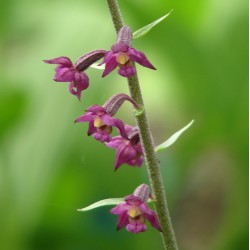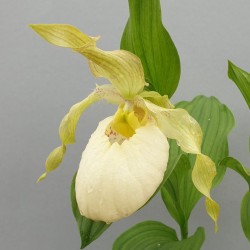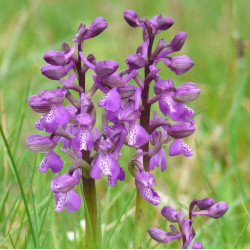No products
Product successfully added to your shopping cart
There are 0 items in your cart. There is 1 item in your cart.
Dactylorhiza foliosa - Madeira Orchid
The Madeira orchid, Dactylorhiza foliosa, is an easy to grow and rarely available plant from the Portuguese island of Madeira. It bears large spikes of purple flowers with dotted, darker lips. It is fantastic when planted en masse amongst grasses or in wild borders.
Dactylorhiza foliosa grows well in full sun, moist soil and produces truly exceptional sized flowers. In good conditions the plants will form dense clumps after several years and can be divided in autumn.
This plant won the Royal Horticultural Society (RHS) award in 2017.
This product is no longer in stock
By buying this product you can collect up to 2 loyalty points. Your cart will total 2 points that can be converted into a voucher of 0,40 €.
- Remove this product from my favorite's list.
- Add this product to my list of favorites.
- Send to a friend
More info
Due to indiscriminate collection, these orchids are under threat of extinction in the wild. Our plants are grown in a laboratory from tissue culture. Easy to grow in damp shade. They do not need much fertiliser just a leafy compost at planting.
Planting
Dactylorhiza demand rich and well-aired substrate because they need from the freshness and from the humidity. Most Dactylorhiza are fond of wet to sodden areas and can be cultivated at the banks of ponds or bodies of water.
For optimal results, Phytesia also recommends a specific substrate for garden orchids of the genus Dactylorhiza.
This ready-to-use mixture (5 kilo sack/14.90 euros) is suitable for planting 2 or 3 garden orchids.
Exposure
Dactylorhiza adapt to the sun (if the soil remains moist) as partial shade.
Growth Phase…
During the winter, the plant persists in bulb form. Dactylorhiza are very cold-resistant orchids and do not require any special protection in winter.
The Dactylorhiza plants emerge as of April and spread their foliage during spring. The flowers appear at the end of spring (May, June).
In autumn, the foliage yellows then fades before disappearing completely for the winter dormancy period. Over the years and following the successive growth and dormancy cycles, Dactylorhiza not only become stronger but also multiply, thanks to the annual appearance of new bulbs.
